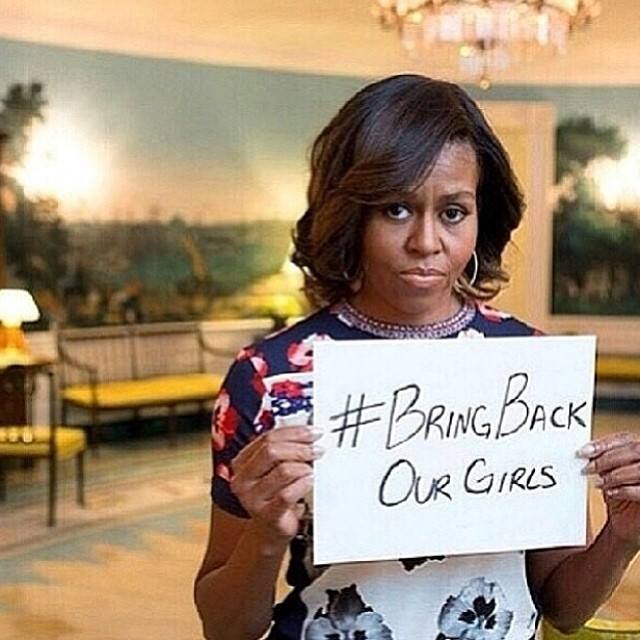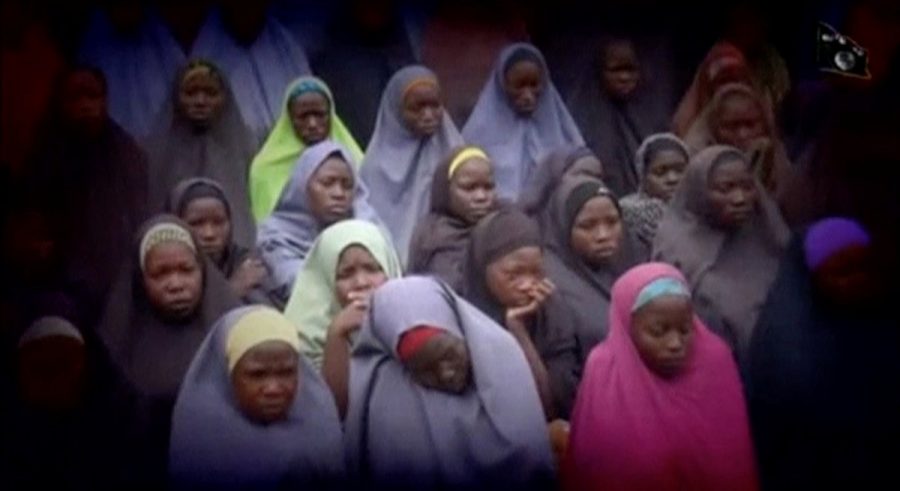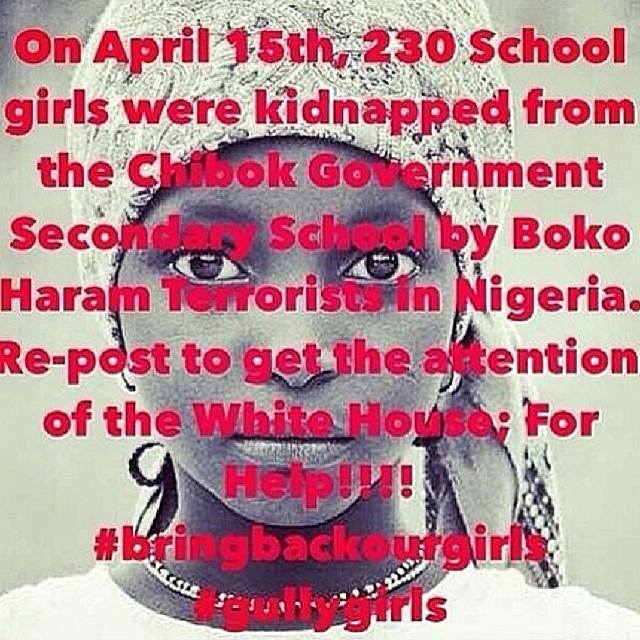
21 Girls Freed. 10 facts about Boko Haram & Nigeria’s Kidnapped Chibok Girls
DAKAR (Thomson Reuters Foundation) – Boko Haram has freed 21 of more than 200 schoolgirls kidnapped by the Islamist militant group in April 2014 in the northern Nigerian town of Chibok, the government said on Thursday. UPDATE 3 FEB ’23: A documentary film about Boko Haram has won the International Film Festival Rotterdam – Le […]

DAKAR (Thomson Reuters Foundation) – Boko Haram has freed 21 of more than 200 schoolgirls kidnapped by the Islamist militant group in April 2014 in the northern Nigerian town of Chibok, the government said on Thursday. UPDATE 3 FEB ’23: A documentary film about Boko Haram has won the International Film Festival Rotterdam – Le Spectre de Boko Haram.

Around 270 girls were taken from their school in Chibok in the northeastern Borno state, where the Islamist militants have waged a seven-year insurgency to try to set up an Islamic state.

“The release of the girls … is the outcome of negotiations between the administration and Boko Haram brokered by the International Red Cross and the Swiss government,” a presidency statement said. “The negotiations will continue.”
Nigeria will continue its military operations against Boko Haram, the country’s information minister said. He also said Nigeria did not swap any Boko Haram prisoners for the release of the girls, who would be brought to the capital Abuja later on Thursday.

Here are 10 key facts about the Chibok schoolgirls and the Islamist militant group Boko Haram:
- Since 2009, Boko Haram has waged an insurgency to carveout an Islamic state in northeast Nigeria that has killed at least 15,000 people and displaced more than two million.
- The most high-profile attack took place on April 14, 2014,when Boko Haram kidnapped 276 school girls, from a secondary school in Chibok in northeast Borno state. About 50 of the girls escaped in the initial melee but 219 were captured.
- Nigeria’s government and military, then under the command of former president Good luck Jonathan, faced heavy criticism for their handling of the incident, with towns and cities across the nation witnessing protests.
- The kidnappings prompted a strong social media reaction,with the phrase #bringbackourgirls tweeted around 3.3 million times by mid-May 2014, and the campaign which followed backed byU.S. First Lady Michelle Obama.
- Hope for the girls was briefly raised in April 2015 when the Nigerian military announced it had rescued 200 girls and 93 women from the Sambisa forest, northeast of Chibok. It was later revealed that the Chibok girls were not among them.
- One of the Chibok girls, Amina Ali, was rescued in May. Held for months by the Nigerian government, she told her mother that the girls were starved and resorted to eating raw maize,and that some had died in captivity, suffered broken legs or gone deaf after being too close to explosions.
- Boko Haram in August published a video showing footage of dozens of the Chibok girls, and a masked man saying some of their classmates had been killed in air strikes. In the video,unidentified bodies could be seen on the ground.
- About 2,000 girls and boys have been kidnapped by Boko Haram since the beginning of 2014, according to AmnestyInternational, which says they are used as cooks, sex slaves,fighters and even suicide bombers.
- Boko Haram used 44 children to carry out suicide attacks in West Africa last year, up from four in 2014, with some as young as eight, mostly girls, detonating bombs in schools and markets, according to the U.N. children’s agency UNICEF.
- Boko Haram, which last year pledged allegiance to Islamic State, controlled a swathe of land in northeast Nigeria, around the size of Belgium, at the start of 2015 but was pushed out byNigerian and regional troops, which are now in a final push to defeat the militants.
(Reporting By Kieran Guilbert, Additional Reporting by Reporting by Alexis Akwagyiram, Felix Onuah and Ulf Laessing in Abuja; Editing by Katie Nguyen. Source: Thomson Reuters Foundation, the charitable arm of Thomson Reuters, that covers humanitarian news, women’s rights, trafficking, corruption and climate change. Visit news.trust.org)